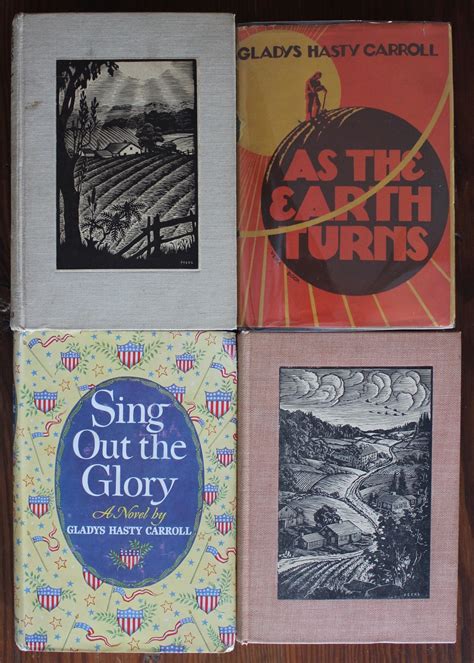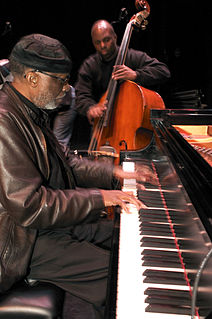A Quote by John Joly
The sediments of the past are many miles in collective thickness: yet the feeble silt of the rivers built them all from base to summit.
Related Quotes
I've known rivers: I've known rivers ancient as the world and older than the flow of human blood in human veins. My soul has grown deep like the rivers. I bathed in the Euphrates when dawns were young. I built my hut near the Congo and it lulled me to sleep. I looked upon the Nile and raised the pyramids above it. I heard the singing of the Mississippi when Abe Lincoln went down to New Orleans, and I've seen its muddy bosom turn all golden in the sunset. I've known rivers: Ancient, dusky rivers. My soul has grown deep like the rivers.
He is spent. His mind is mercury again, its brief surge of humanity melting into an oily residue on its surface, and he no longer understands the feelings he felt in that strange moment on the overpass. But he did feel them. They did happen. They rest on the murky seabed of his mind, buried under sand and silt and miles of grey waves. Patient seeds waiting for light.
To be seventy years old is like climbing the Alps. You reach a snow-crowned summit, and see behind you the deep valley stretching miles and miles away, and before you other summits higher and whiter, which you may have strength to climb, or may not. Then you sit down and meditate and wonder which it will be.
Any one who has stood upon a lofty summit and gazed over an inchoate tangle of deep canyons and cragged mountains, of sunlit lakelets and black expanses of forest, has become aware of a certain giddy sensation that there are no distances, no measures, simply unrelated matter rising and falling without any analogy to the banal geometry of breadth, thickness, and height.





































